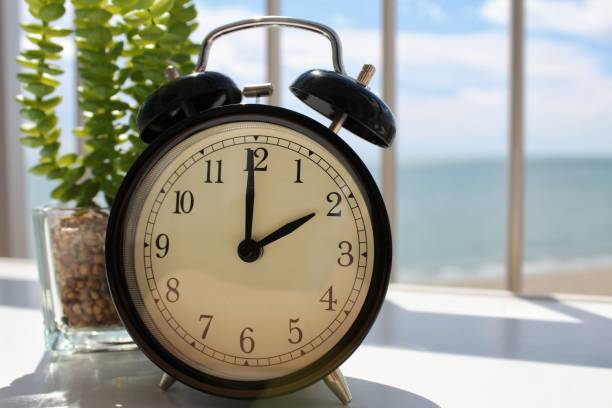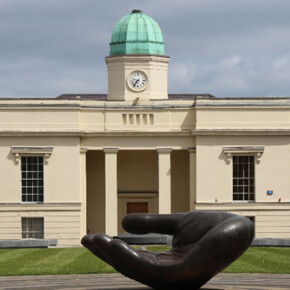Pressure mounts on EU to end daylight savings clock changes
Padraig Conlon 21 Oct 2025
The clocks are going back again this weekend but one Irish MEP says it’s long past time the EU stopped turning back the clock on common sense.
Ireland South MEP Cynthia Ní Mhurchú has renewed calls to end the long-running delays in scrapping the EU’s twice-yearly clock changes, as the issue returns to the floor of the European Parliament in Strasbourg this week.
As households across Ireland prepare for the annual ritual on Sunday, October 26, the Fianna Fáil MEP said it is time to abolish what she described as a “tired old tradition” that no longer serves any purpose.
“Europeans have spoken clearly — they want the clock-changing to end.
The European Parliament voted for it, but the Council has dragged its feet for six years. It’s time to move forward and give people the certainty they deserve,” Ms Ní Mhurchú said.
In 2018, the European Commission proposed ending the biannual time changes following a major public consultation that attracted 4.6 million responses, with 84% supporting abolition.
The European Parliament endorsed the move the following year, but progress has since stalled at Council level, with member states unable to agree a common position.
This Thursday, MEPs will press the European Commission and the Danish EU Presidency to explain what is blocking progress and to set out a clear roadmap to resolve the deadlock.
The EU first standardised seasonal time changes in 1980 to maintain consistency across the single market.
Under the current system, clocks move forward on the last Sunday in March and back on the last Sunday in October — a pattern that has now continued for more than four decades.
Ní Mhurchú said the case for reform is stronger than ever, citing growing evidence about the health and safety impacts of the twice-yearly shift.
“This is about wellbeing, safety, and a more sensible Europe. There’s no reason to keep people in the dark — literally or politically,” she said.
A recent study by researchers at Stanford University in the United States found that changing the clocks disrupts circadian rhythms, the body’s internal 24-hour clock that regulates sleep, alertness, and key processes such as hormone balance, digestion, and body temperature.
Campaigners say ending seasonal time changes would improve public health, reduce accidents, and provide greater stability for businesses and workers across Europe.











